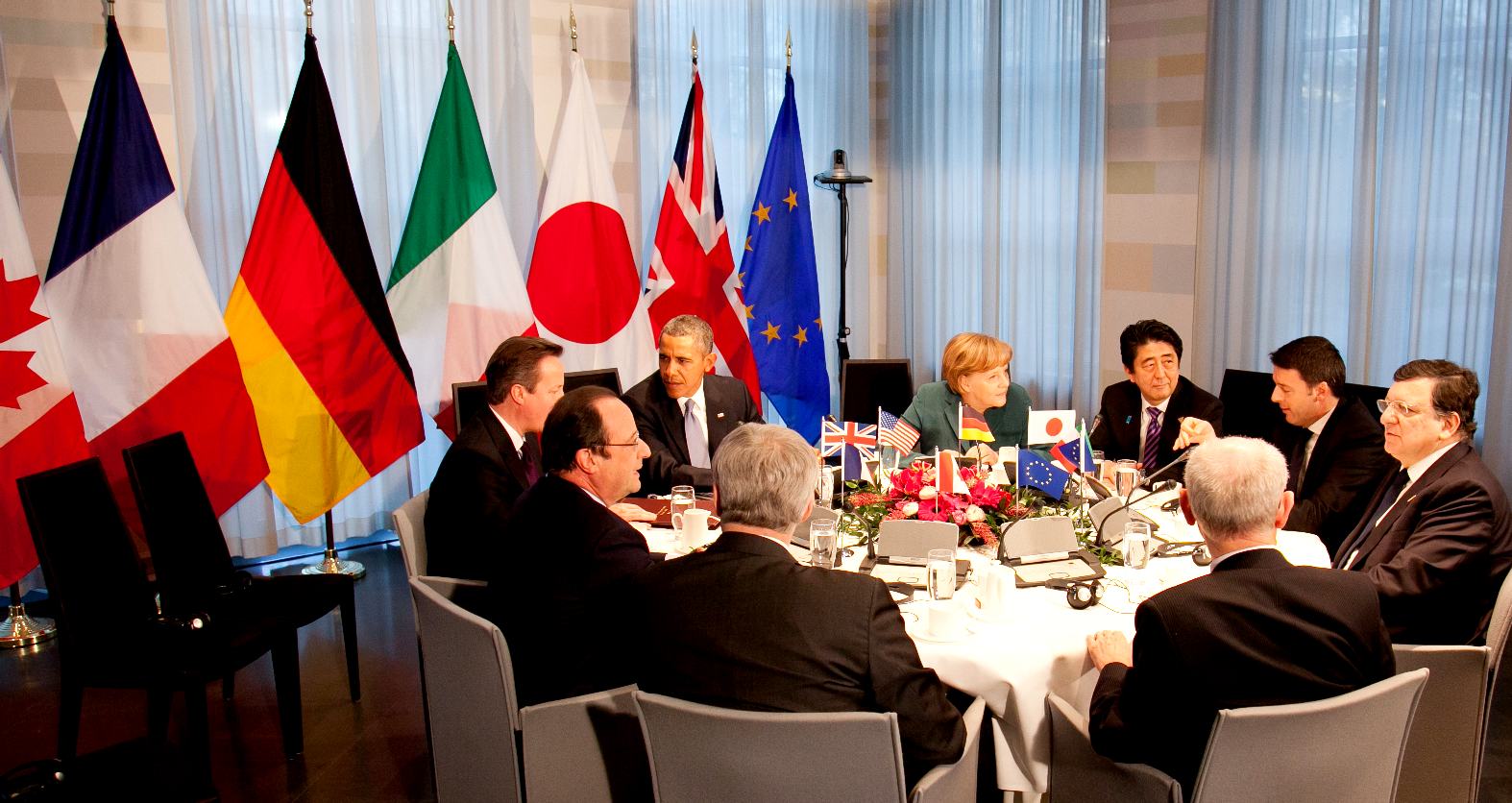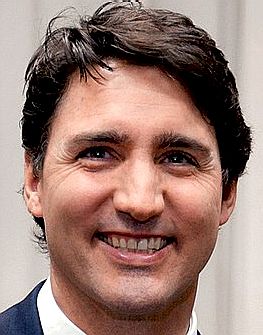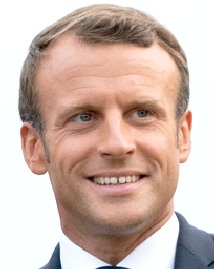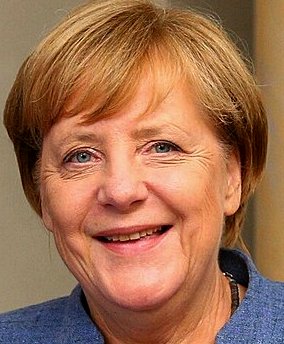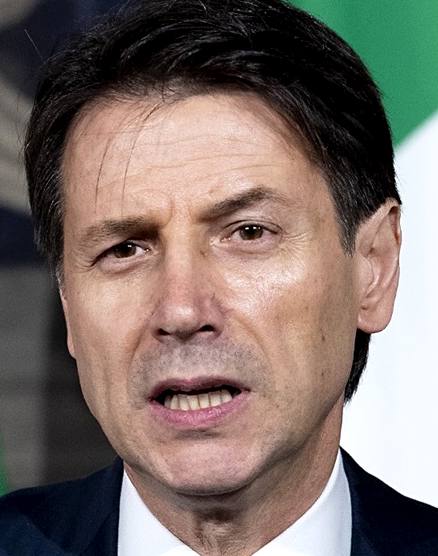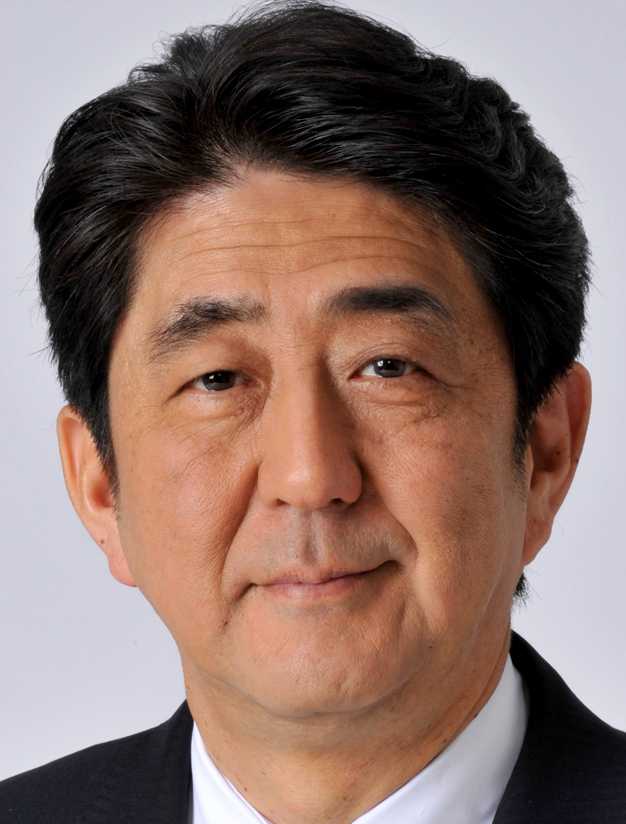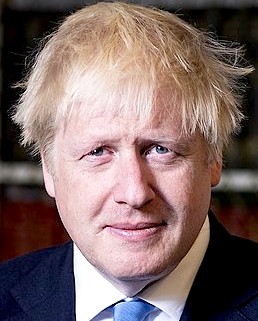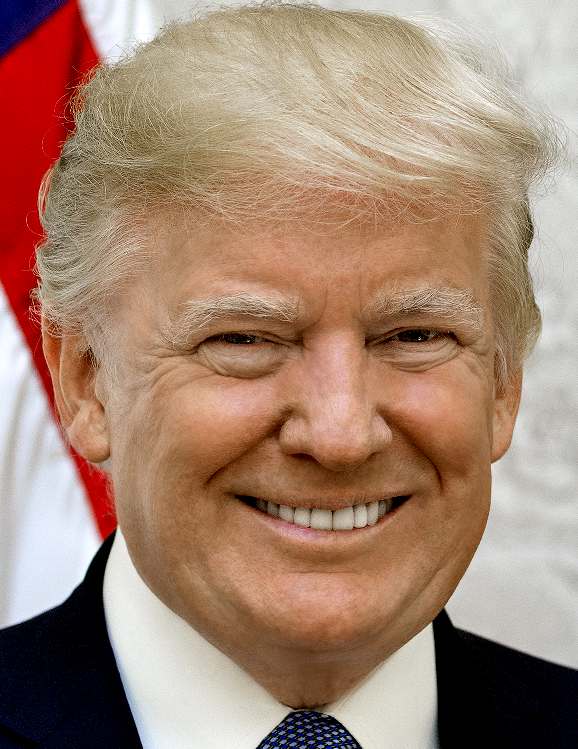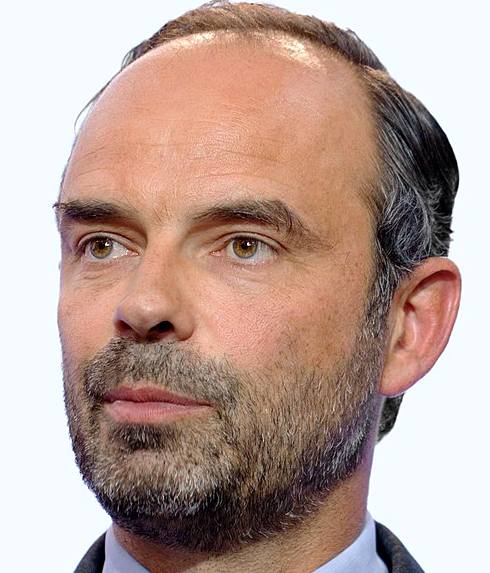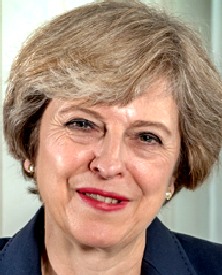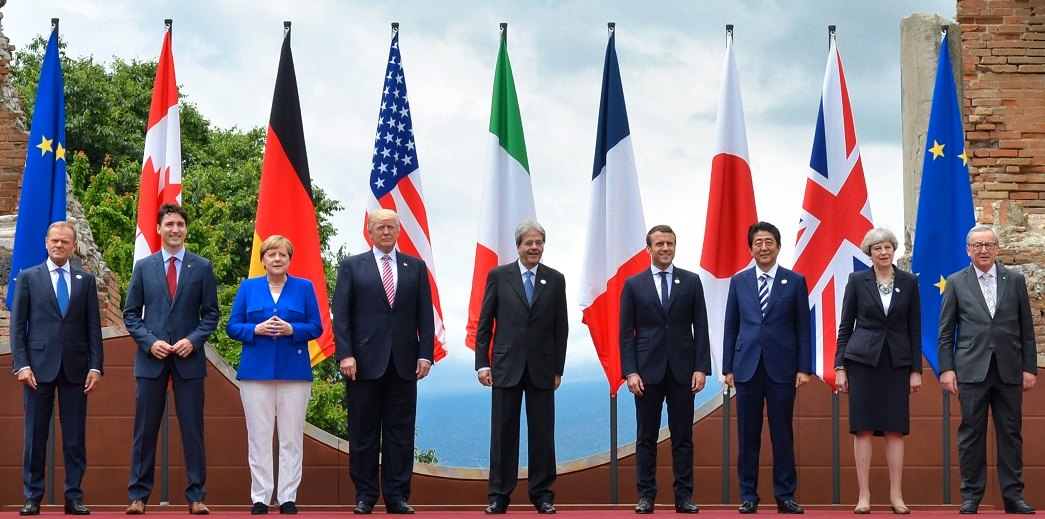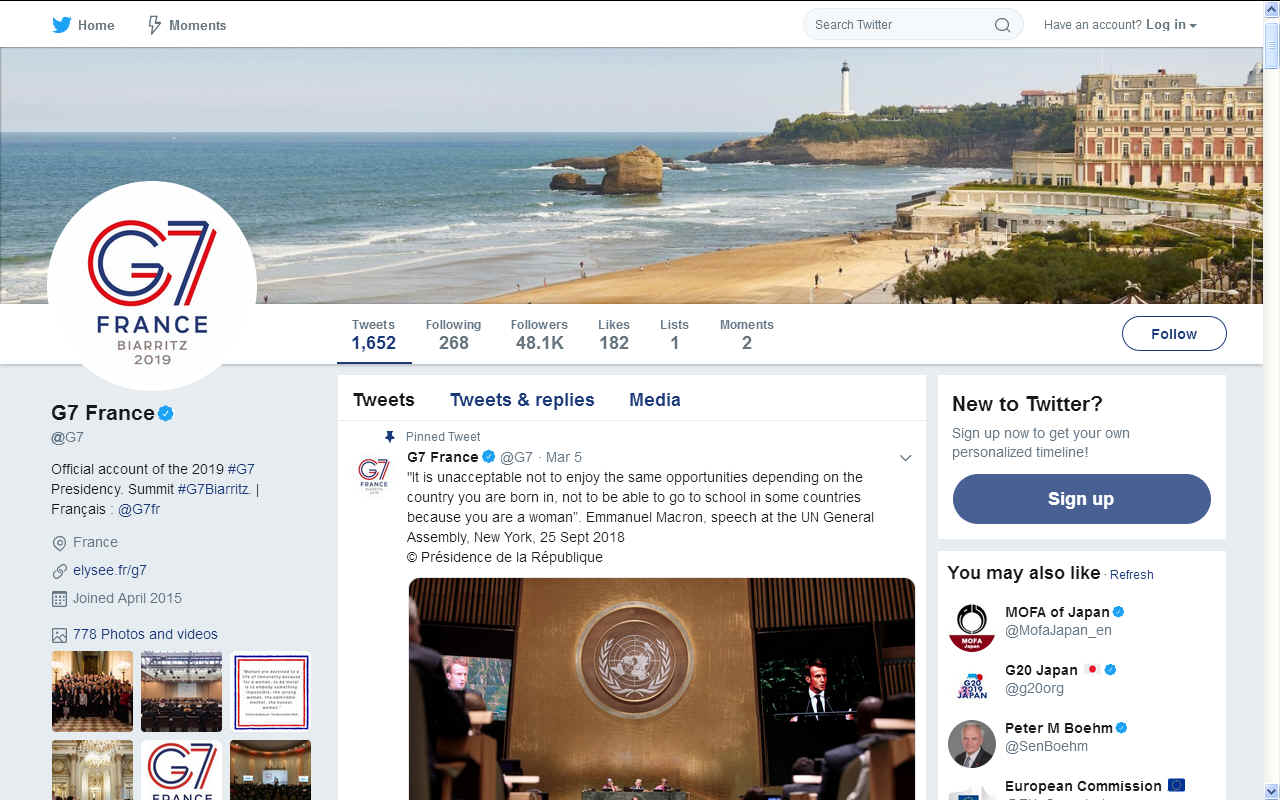
ONE
WORLD ONE OCEAN - In the role of guardians of your geographical
regions, there is also a responsibility to develop the blue economy for
the international circular economies that a sustainable society requires
if we are not to burn planet earth out.
The Cleaner Ocean Foundation is totally independent of any Government or
Non-Governmental organization. Our Foundation did not qualify for
funding grants when it mattered most. Making applications for such
funding is onerous, time and money sapping and ultimately, only the big
corporations get a look in. Social and not for profit enterprise remains
unsupported, except by contributions directly from the public. That has
been our experience to date. We are though pleased to learn that the G7
are injecting funds where they can in the hope of attracting ideas. If
this plan works, we can take a back seat and rest easy. So please apply
if you have the backing to do so.
G7
INNOVATION CHALLENGE TO ADDRESS MARINE PLASTIC LITTER
Plastics are one of the most revolutionary inventions of the past century and play an important role in our economy and daily lives. They are used in almost everything from cars, appliances and construction to packaging and food services, because they are low cost, durable and versatile. This Challenge provides an opportunity to spur innovation while promoting both environmental well-being and economic prosperity. The Challenge will also help retain the significant value, resources and
energy lost in plastic waste, as well as minimize threats to the environment.
All countries face difficulties in addressing marine plastic pollution. G7 members are well positioned to share their expertise and promote innovations that can be used elsewhere, including among countries that are large sources of marine plastic litter. This G7 challenge is designed to stimulate innovations, raise awareness of how to address marine plastic litter or facilitate much needed improvements to the management of plastic, especially plastic waste, in developing countries. Scalable solutions are needed to foster a more sustainable use of plastic products and reduce plastic waste and marine plastic pollution including technological and social innovations in
plastics design and production, use, reuse, as well as management of plastic waste.
G7 members are part of a larger global community committed to addressing marine plastic pollution. We acknowledge the essential role that the private sector, innovators and entrepreneurs play in developing innovative alternatives and solutions for increasing resource efficiency and
circular economy in the use of plastics and plastic products by using their expertise, knowledge, and relationships.
‘Innovation challenges’ are a recognized and effective mechanism by which solutions can be developed and implemented in an economically viable way, as well be responsive to countries’ needs and target recipients.
While respecting each participating member’s expertise and reflecting national priorities, G7 members commit to undertake international and/or domestic initiatives, individually or jointly, in support of a common objective to promote innovation in addressing marine plastic pollution by managing plastics more sustainably throughout the whole life-cycle. G7 plastic initiatives will respond to varied individual country needs accordingly. For example, domestic initiatives could focus on plastic design or recycling questions in accordance with national needs, while international efforts could respond to the need for support in improving waste management systems or creation of secondary markets. G7 members commit to sharing information their activities in support of this Challenge through the G7 Alliance on Resource Efficiency.
In implementing the Challenge, G7 initiatives will aim to:
* Leverage, build on, and complement existing initiatives throughout the plastics lifecycle.
* Leverage the strength of a diversity of expertise, including entrepreneurs, innovators, small to medium enterprises, researchers, not for profit organizations, and/or large multi-national companies.
* Support gender equality, women’s empowerment and women’s leadership.
* Encourage innovative solutions that are sustainable, feasible, lasting, economically viable, and scalable (scaling up of an existing initiative; or developing new initiatives that can be scaled up through mechanisms such as blended finance) as well as reflect local and regional circumstances and gender dimensions.
* Develop and maximize effective relationships by leveraging implementation mechanisms including international financial institutions such as the World Bank, Inter-American Development Bank, and Asian Development Bank, as well as pursuing alternative approaches including philanthropic foundations.
*The overall objective of the Challenge is to incentivize the development of innovative social or technological solutions for a more sustainable management of plastics throughout their lifecycle in order to increase resource efficiency and to reduce marine plastic pollution including by finding innovative ways to enhance waste management of plastics that may become marine litter.
More specific objectives to encourage innovation could include:
1. Product Design and Waste Prevention
Developing new product designs and management processes to increase resource efficiency and the durability, reusability and recyclability of plastic products, in particular those that are not currently recycled.
Supporting technologies for repair, refurbishment and remanufacturing of plastic products.
Developing processes to incorporate recycled content in local manufacturing processes and products to create markets for collected and recycled materials.
Developing and using more sustainable plastics and environmentally sound alternatives within a context of science-based and lifecycle decision-making and in consideration of environment, social and economic factors. This may include areas of focus such as single-use plastics, packaging and other sources of marine litter.
Developing solutions that reduce microplastics in products and reduce by design, to the extent possible, unintentional release of microplastics by wear and tear of products during their use.
Improving production processes to minimize loss of plastic materials, including pellets and maximize resource efficiency in the use of the materials.
2. Waste and Wastewater Management and Clean-up
Supporting major source countries to manage waste (e.g. collection, sorting, treatment, recovery, refurbishment and recycling, disposal, infrastructure, legal frameworks) in a manner that is cost-effective and transferable in order to prevent plastics from entering the environment.
Developing new cost-effective technologies and infrastructure to collect, recycle and treat plastic waste, including mobile and small scale technologies.
Promoting technologies to improve collection and facilitate recycling or recovery of single-use plastics.
Using technology to make it easier for remote and small island developing states to prevent and manage plastic waste.
Developing new and utilizing existing technologies and processes to prevent plastic litter and microplastics entering water bodies through improved storm water and waste water management, effectively cleaning-up marine plastic litter from waterways and shorelines in an environmentally sound manner.
Strengthening measures to prevent plastics entering the sea from fishing (including ghost gear) and shipping, and to ensure adequate reception facilities in ports to collect and manage the waste from ships and facility users (including passively fished waste and old/derelict fishing gear).
Creating new technologies and processes or improving existing technology to recycle mixed plastic wastes.
Developing cost-effective processes to reduce contamination during the collection and recycling process.
3. Markets, education and awareness
Developing business models and approaches to establishing new markets and value for used and recycled plastics to achieve environmental, social and economic benefits, including supporting local entrepreneurs in major marine plastics source countries.
Supporting the development of markets for recycled plastics through greater use of secondary plastics into finished products.
Creating innovative partnerships along the plastic value-chain to reduce plastic waste and plastic pellets losses.
Supporting community-based approaches to changing behaviours towards reducing, reusing plastics, or recycling
plastic wastes.
Supporting plastic waste mitigation approaches through socially innovative solutions (e.g. education, innovative alliances, relationships, connectors, enabling conditions, etc.).
Supporting local and indigenous solutions and initiatives of women and youth, that can be leveraged to support plastic waste mitigation approaches.
Forging public-private partnerships to improve plastic waste management in major marine plastics source countries.
Developing, harmonizing, and sharing methodologies for monitoring and assessing marine litter and
microplastics, including their amount and distribution, as well as related environmental and human health impacts.
Examples of Implementation Mechanisms
Public-private partnerships (domestic and international).
Domestic mechanisms within each G7 member.
Multilateral organizations efforts such as World Bank Problue – new umbrella multi-donor trust fund in support of the Bank’s Global
Blue Economy Strategy through consultations with their governing bodies.
Third party organizations –external private organizations who leads leveraged, incentivized prize competitions with ambitious goals, that target market failures, that can be won by small groups and ultimately that is achievable.
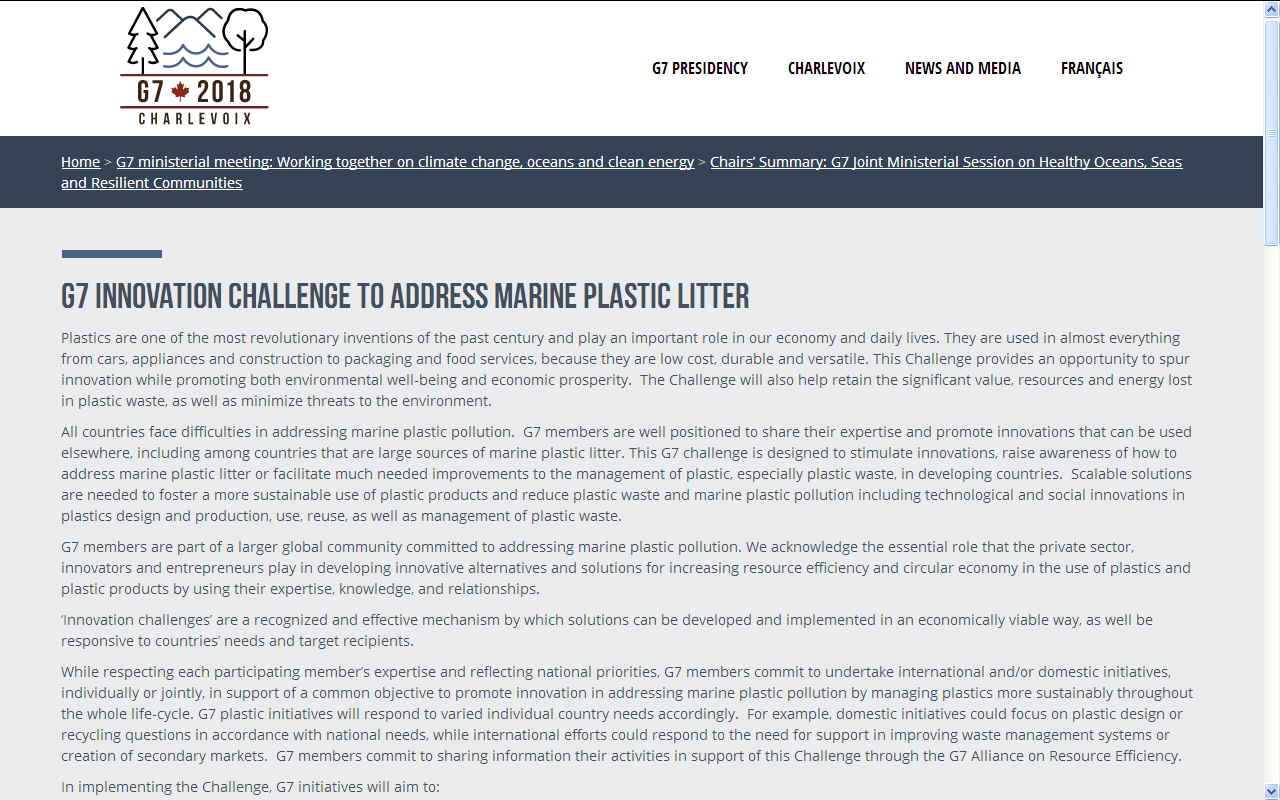
MARINE
PLASTIC
- The above initiative is focused on preventing source plastic from
entering the sea, leaving out the fact that millions of tons remains in
our oceans and that no matter how well we manage plastic on land, enough
plastic to harm marine eco systems will still find its way into the
stomachs of marine organisms, with the carcinogens ending up in humans.
What is new about this G7 move is that awareness is now firmly on the
agenda.
The
World needs a dedicated
Ocean Action Plan, working in conjunction with land based
reductions, to coordinate the efforts of member
nations that in turn will benefit each other as the oceans move from one
shoreline to the shores of a neighbor country as witnessed by beach
litter. We need this to ensure future food security where the global
population is still rising and land is being used for housing to
accommodate the additional families, the ironically, our success as a
species has allowed us to take control of planet
earth in spite of the right of other species to live undisturbed.
To help us develop an
international strategy we need to generate sufficient funds to effectively
make headway, estimated to be in the region of $10 million
US
dollars to
develop a SeaVax prototype. Follow on expenses, or pledges of ongoing
support should be included to cover the cost of helping contributing
nations to set up fleets of ocean cleaning boats - and running them in a
network of satellite
(assisted) guided ocean dustcarts that stands the best chance of regenerating our
oceans.
THE
G7 HEADS OF STATE A - Z 2020
THE
G7 HEADS OF STATE A - Z 2019
The
G7 (or
Group of Seven) is an informal grouping of seven of the world’s advanced economies consisting of Canada, France, Germany, Italy, Japan, the United Kingdom, and the United States. The forum offers an opportunity for G7 Leaders, Ministers and policy makers to come together each year to build consensus and set trends around some of today’s most challenging global issues.
The European Union (EU) was first invited to attend the G7 in 1977 and the President of the European Commission has attended all of its sessions since 1981. Both the President of the European Council and the President of the
European Commission represent the EU at G7 summits.
In 2018, the leaders gathered from June 8-9 at the Fairmont Le Manoir Richelieu, in La Malbaie, in the Charlevoix region of Quebec, Canada.
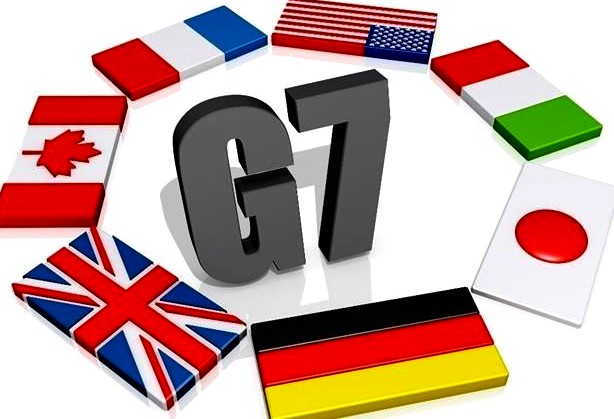
INTERNATIONAL
ORGANIZATIONS 2018
|
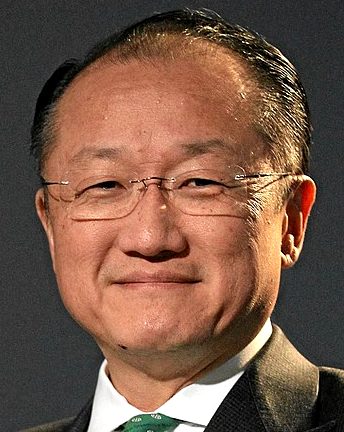
WORLD
BANK
|
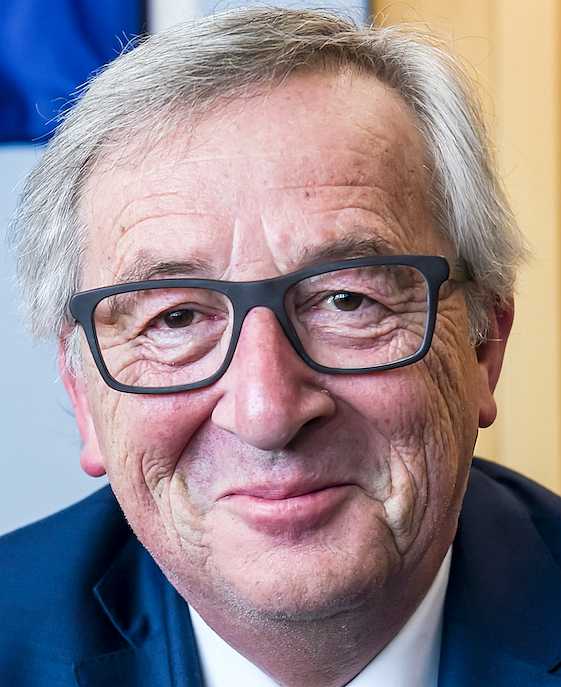
EUROPEAN
UNION
|
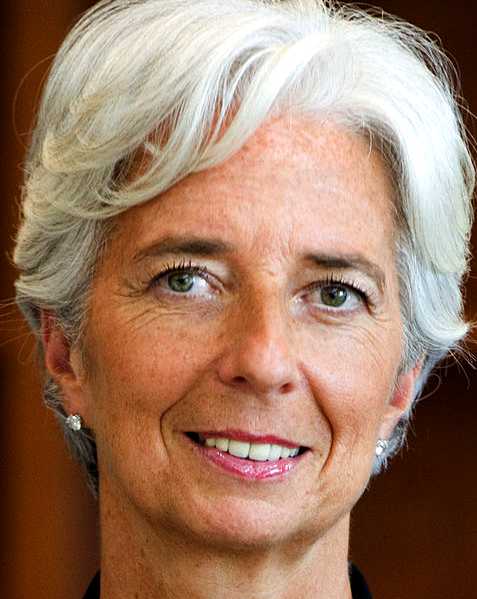
INT
MONETARY FUND
|
|
|
|
|
RECENT
5 YEAR HISTORY
The
group has met up regularly since 1976 to discuss key issues related to
global economic stability.
The
G7 comprises Finance Ministers and Central Bank Governors of 7
countries: Canada,
France,
Germany,
Italy,
Japan,
the United
Kingdom and the United
States of America. Representatives of the European Union, including
the EU Presidency and European
Central Bank, as well as heads of international financial institutions
also regularly attend.
In
2013 the UK
assumed the Presidency of the G7 hosting a meeting of Finance Ministers
and Central Bank Governors on Friday 10 May and Saturday 11 May 2013.
The representatives attending the meeting in 2013 are shown in the
tables below.
In
2014, the 40th G7 meeting was held in Brussels as an alternative meeting without
Russia,
so going from the G8 to the G7, due to Russia's association with Crimean crisis. The 2014 G8 summit in Sochi was cancelled and re-located to
Belgium, The Hague without Russia as an emergency meeting in March 2014.
In 2015, the 41st G7 meeting was held hosted by
Germany
at Schloss Elmau, Bavaria. The summit was dedicated to the global economy as well as on key issues regarding foreign, security and development policy. The Global Apollo Programme was also on the agenda.
In 2016, the 42nd G7 summit was hosted by Japan at Shima, Mie Prefecture. The G7 leaders aim to address challenges affecting the growth of the world economy, like slowdowns in emerging markets and drops in price of oil. The G7 also issued a warning on the
United Kingdom that "a UK exit from the EU would reverse the trend towards greater global trade and investment, and the jobs they create and is a further serious risk to growth". Commitment to an
EU–Japan Free Trade Agreement.
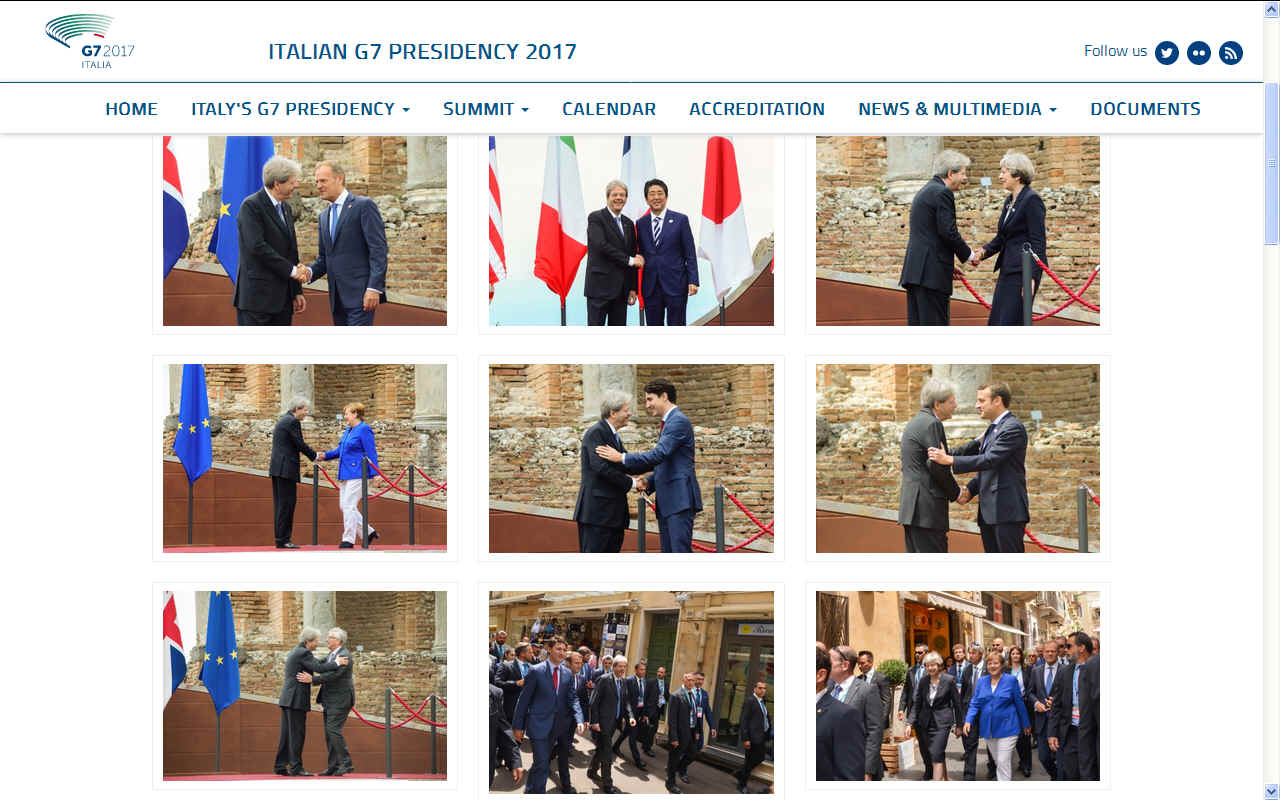
In 2017, the 43rd G7 summit was hosted by
Italy at Taormina, Scicily. G7 leaders emphasized common endeavours: to end the Syrian crisis, to fulfill the UN mission in Libya and reducing the presence of ISIS, ISIL and Da'esh in Syria and
Iraq. North
Korea was urged to comply with
UN resolutions, Russian responsibility was stressed for Ukrainian conflict. Supporting economic activity and ensuring price stability was demanded while inequalities in trade and gender were called to be challenged. It was agreed to help countries in creating conditions that address the drivers of migration: ending hunger, increasing competitiveness and advancing global health security.
In 2018, the 44th G7summit was hosted by Canada. It took place at the Manoir Richelieu. Prime Minister
Justin
Trudeau announced five themes for
Canada's G7 presidency which began in January 2018.
Climate, along with commerce trades, was one of the main themes. “Working together on
climate change, oceans and
clean
energy” The G7 members' final statement contains 28 points. US President
Donald Trump didn't agree to the economic section of the final statement. The G7 members also announced to recall sanctions and to be ready to take further restrictive measures against
the Russian Federation for the failure of Minsk Agreement's complete implementation.
In 2019, the 45th G7 is to be hosted by France at Biarritz, Nouvelle Aquitaine. Subjects
likely to be on the summit agenda could include: Global
Warming, International Trade, Sustainable Economies, Food Security and Ocean Pollution.
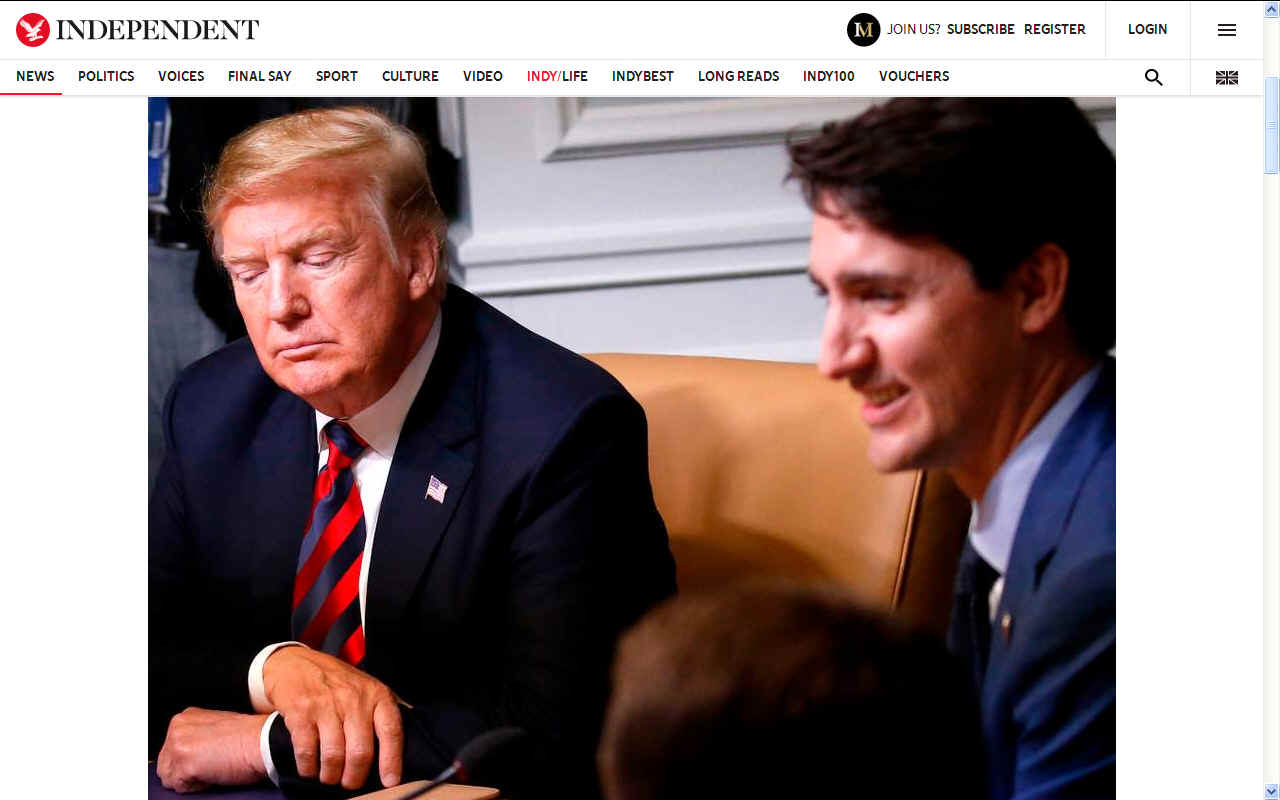
G7
representatives 2013
|
Country
|
Finance
Minister
|
Central
Bank Governors
|
|
UK
|
RT
Hon George Osborne MP, Chancellor of the Exchequer
|
Mervyn
King, Governor of the Bank of England
|
|
Canada
|
Jim
Flaherty, Finance Minister
|
Mark
Carney, Governor or the Bank of Canada
|
|
USA
|
Jack
Lew, Secretary of the Treasury
|
Janet
L. Yellen, Vice Chair of the Board of Governors of the Federal
Reserve
|
|
Italy
|
Fabrizio
Saccomanni, Economy and Finance Minister
|
Ignazio
Visco, Governor of Banca d’Italia
|
|
Germany
|
Wolfgang
Schäuble, Federal Minister of Finance
|
Jens
Weidmann, President of Deutsche Bundesbank
|
|
France
|
Pierre
Moscovici, Minister of the Economy, Finance and Employment
|
Christian
Noyer, Governor of the Banque de France
|
|
Japan
|
Tarō
Asō, Minister of Finance
|
Haruhiko
Kuroda, Governor of the Bank of Japan
|
EU
representatives and heads of International Financial Institutions 2013
|
Institution
|
Name
|
Title
|
|
European
Commission
|
Olli
Rehn
|
Vice-President
of the European Commission and Commissioner for Economic and
Monetary Affairs
|
|
European
Central Bank
|
Mario
Draghi
|
President
of the European Central Bank
|
|
International
Monetary Fund
|
Christine
Lagarde
|
Managing
Director of the IMF
|
|
World
Bank
|
Jim
Yong Kim
|
President
of the World Bank
|
|
Eurogroup
|
Jeroen
Dijsselbloem
|
President
of the Eurogroup
|
